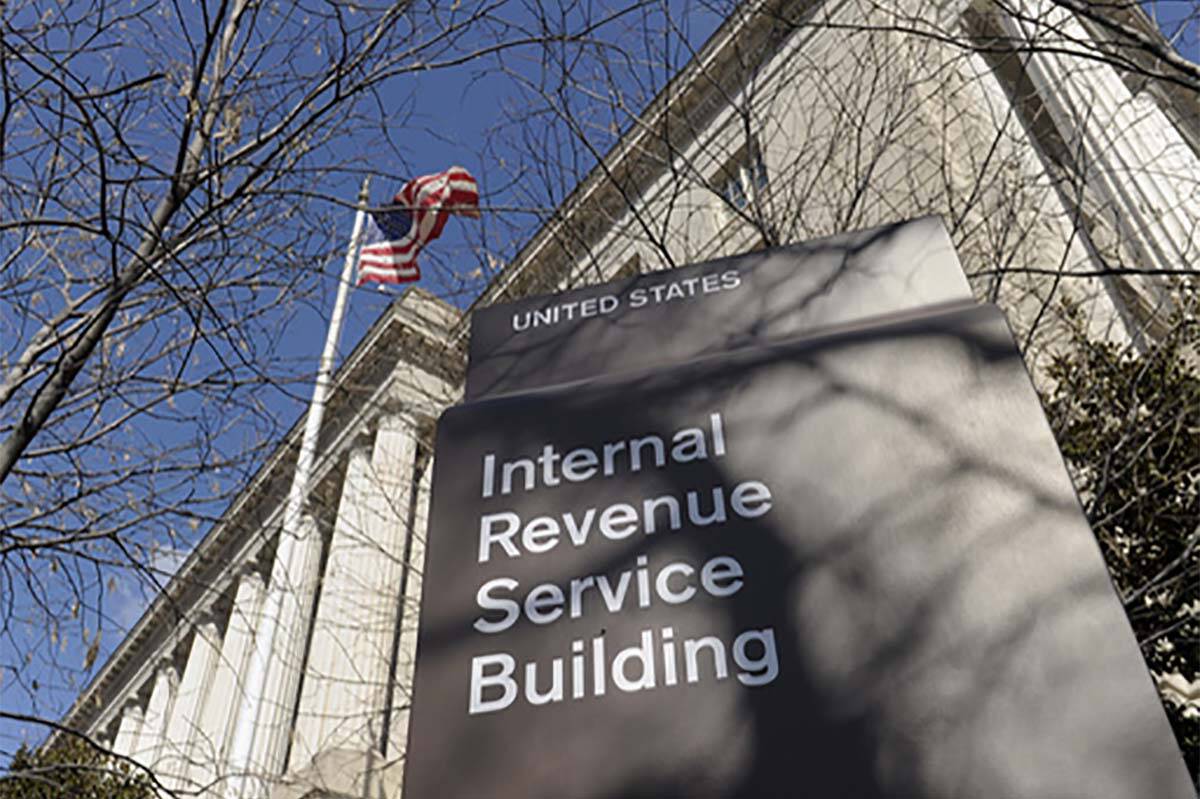COMMENTARY: We don’t want IRS tax preparation

Some members of Congress recently voiced their disappointment with how the IRS will begin preparing and filing our tax returns — a process that accountants, private companies and taxpayers have typically serviced — under false pretenses. I, too, feel the urge to add my two cents.
To advance its tax preparation pilot program, which it calls Direct File, the IRS used a study demonstrating more than 70 percent of the public approved the idea. However, according to a report from the Treasury’s inspector general, the strategic framing of this study may have been wholly dishonest. The IRS’ embracing and promoting of it may enable the agency to completely take over assessing the American people’s taxes. That is troubling for many reasons, and potentially exacerbating racial wealth disparities is top among them.
A recent Stanford University study found “that Black taxpayers are audited at three to five times the rate of non-Black taxpayers” despite race-blind audit selection. This is an issue that even the IRS has acknowledged to be problematic.
Just one day before the IRS announced Direct File, IRS Commissioner Daniel Werfel replied to a letter from members of Congress confirming this study’s findings. He said that “while there is a need for further research, our initial findings support the conclusion that Black taxpayers may be audited at higher rates than would be expected given their share of the population” — a fact he said has left the agency “deeply concerned.”
Americans have already faced the consequences of the IRS’ racial audit disparities. They have demonstrated an understandable lack of trust in the agency and a fear of engaging with it directly.
Commissioner Werfel and the Biden administration — long champions of civil rights — are working to rectify the inequities plaguing the IRS’ systems. That’s why it was surprising that, no sooner than 24 hours after acknowledging these longstanding racial discrepancies, the agency used this problem-riddled study to take on this new tax preparation responsibility, which could have significant ramifications for Black taxpayers.
If the IRS is sincere about wanting to get to the bottom of its racial disparities (and I do believe that it is), then why is it moving forward with Direct File before it resolves the existing equity issues?
The American people trust their accountants and personal tax preparation software. They don’t presently trust the IRS. The agency needs to earn back this trust. That day will never come if the IRS continues pushing Direct File in this egregiously tone-deaf fashion. Beginning the process of preparing the American people’s taxes before addressing the root cause of the country’s IRS operational concerns is a recipe for permanent suspicion, not success. And it’s an outcome the agency should avoid at all costs.
Fortunately, members of Congress have promised that they “will not rest in our quest to build a tax system that works fairly for all Americans and we will continue our rigorous oversight of the IRS to end these disparities.” That is welcome news.
It is hoped that Direct File will not be implemented anytime soon.
Charles Melancon, a Democrat, is a former U.S. representative from Louisiana. He wrote this for InsideSources.com.